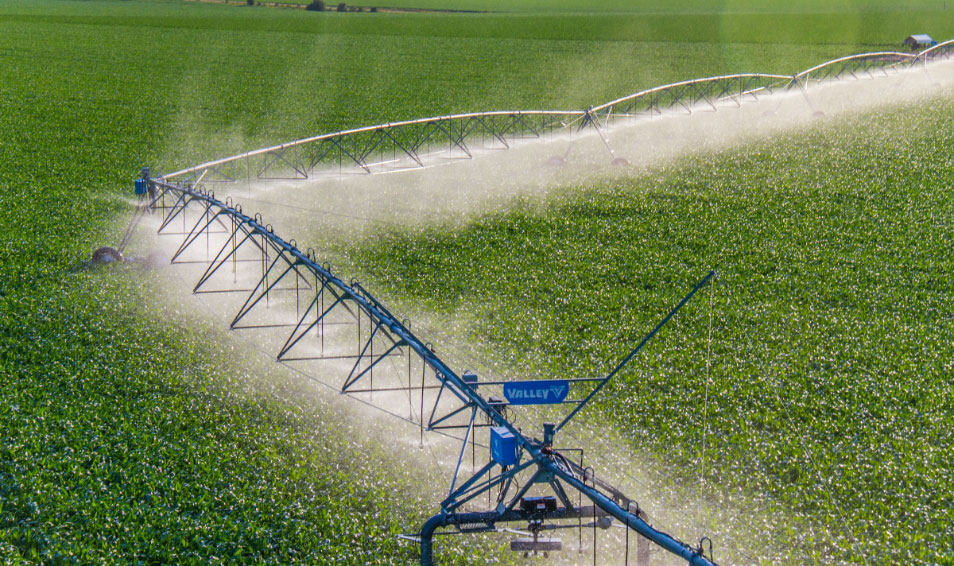Drainage water management is an important part of agricultural practices, as it has numerous benefits, both for the environment and farming operations. Drainage water management involves the collection, storage, and disposal of surface water runoff, which helps to prevent soil erosion, reduce flooding, and improve water quality.
The most beneficial aspect of drainage water management is that it helps to protect the soil from erosion, which can be caused by excessive water runoff. By controlling the amount of water that is collected and stored, farmers are able to reduce the amount of sediment and pollutants that are carried away from the soil. Tile drainage is an efficient and economical way to improve soil fertility and productivity in agricultural and water-logged areas.

Another benefit of drainage water management is that it helps to reduce the amount of water that is lost through evaporation. By using tanks and other storage containers, farmers can prevent water from evaporating into the atmosphere, which can significantly reduce the amount of water needed for irrigation.
Finally, this can also help to improve water quality. By controlling the runoff of water, farmers can reduce the amount of pollutants that enter the water supply.
Overall, this is an essential part of agricultural practices, as it helps to ensure the health and safety of the soil and the environment. By collecting, storing, and disposing of surface water runoff, farmers are able to reduce soil erosion, flooding, and water shortages, while also improving water quality.
